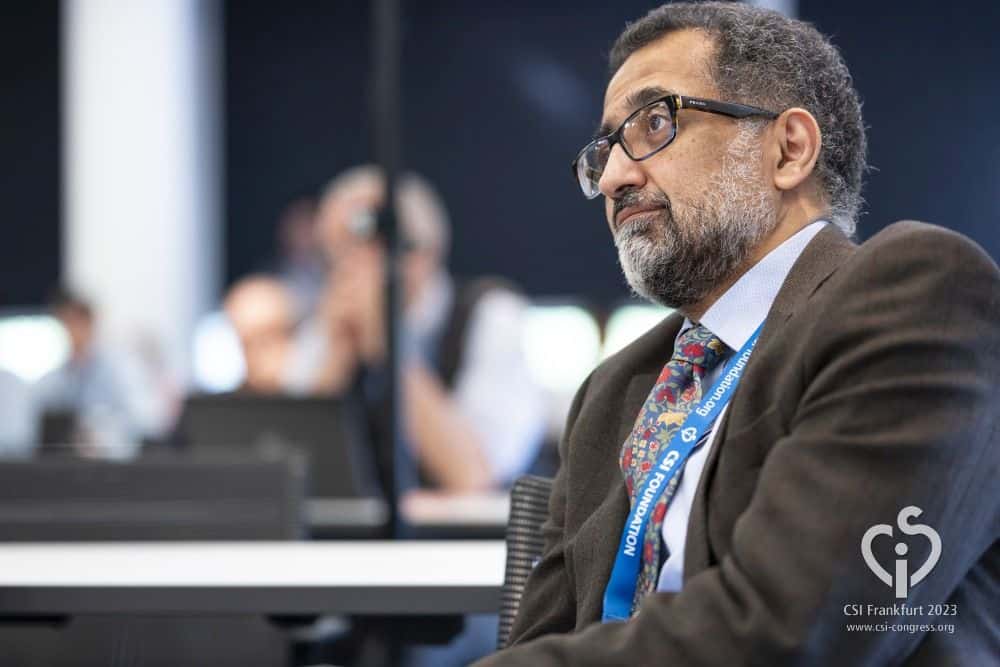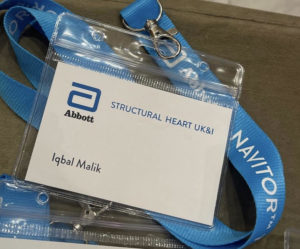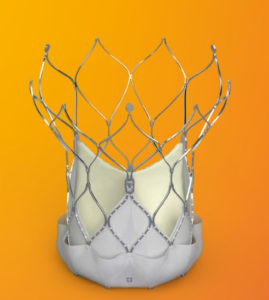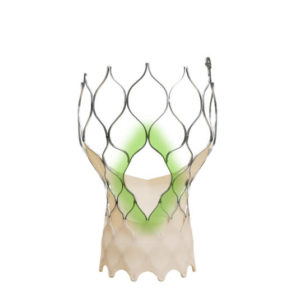I had the pleasure of being on the faculty for this year’s Abbott UK and Ireland annual meeting. Just like last year, I was enthusiastic about the opportunity. I chaired the midday session, engaging a diverse audience of consultants, trainees, and healthcare professionals, encouraging them to think and participate actively.
Sponsored by Abbott, the meeting naturally focused on their TAVI valves. The latest version, previously known as Portico and then Navitor, is now called Vision.
What Did I Learn?
We were introduced to some fascinating 3D virtual reality aids designed for teaching doctors anatomy, allowing them to “walk through” the heart. While it’s not yet useful for planning complex TAVI procedures, I believe it will be in the future!
Having a surgeon present was beneficial as well. We debated how young a patient can be to undergo a TAVI. My youngest patient was 30, with complex heart disease and two previous operations. We performed an emergency TAVI with great success, which will lower the risk for future surgeries, sorted the acute leaky valve, and gave the heart time to recover.
In the USA, people in their 60s often demand and receive TAVI procedures. However, the fastest-growing surgical procedure there is removing failed TAVI valves. Hence, every patient I perform TAVI on goes through a thorough discussion process, including a Multidisciplinary Team Meeting (MDT). This ensures that the safest and best option is chosen for both the present and the next 20 years, whether it’s TAVI, surgery, or simply watching and waiting.
Additionally, we discussed precise valve sizing for each patient. This involves accurate CT scan measurements, assessment of coronary anatomy, calcium distribution, other heart diseases, the risk of needing a pacemaker, and, especially for younger patients, planning for the next procedure in 5-10 years.
What Is New?
Abbott has launched the Vision valve with markers for perfect deployment. It’s a self-expanding valve, and we saw it in action during the meeting.
Medtronic introduced the Evolut FX Plus, which is more flexible and has larger gaps to facilitate future coronary artery access. This is also a self-expanding valve.
Edwards presented the S3 Ultra Resilia, featuring a new anti-aging treatment. It’s a balloon-expandable valve.
Summary
I always choose the right valve for each patient, having used products from three different companies so far, with more innovations on the horizon. It’s always a pleasure to be invited to such meetings, especially to chair interesting and educational sessions. Every good teacher knows that every day is a learning opportunity.
See Dr. Malik perform live cases:
- The 1st NHS TAVI with the Edwards S3 Ultra Resilia valve at Hammersmith Hospital
- Transcatheter Valve: MITRAL Valve-in-Valve TAVI shown at IVCC 2022
- Transcatheter Aortic Valve (TAVI/TAVR) – with the Edwards S3 system
- TAVI implantation – Medtronic Evolut Valve
- Transcatheter Aortic Valve – Medtronic TAVI 2015- a short video
If you have any questions about the procedure, don’t hesitate to contact us today.
Article by Dr Malik, a UK leading cardiologist. He works at One Welbeck Heart Health – London’s Largest Private Cardiology Group, and at Hammersmith Hospital, Imperial College Healthcare NHS Trust, London, one of the largest NHS Trusts in the UK.






